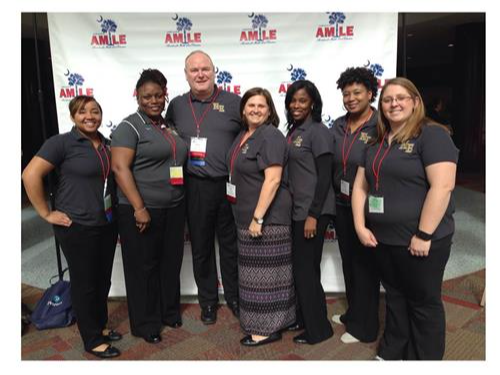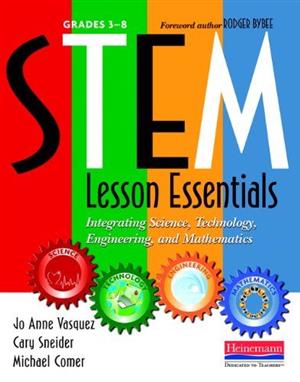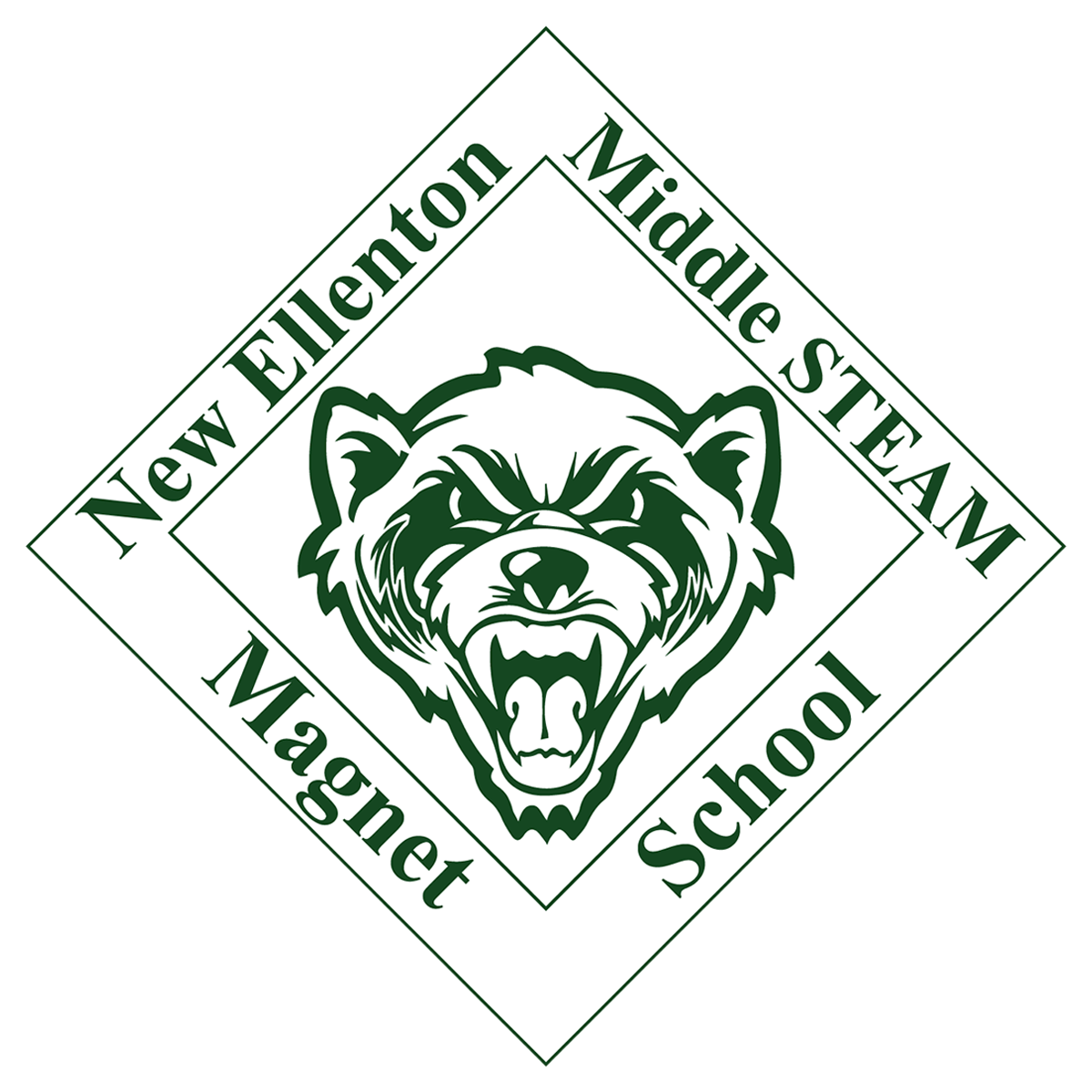ST1.8 STEM Literacy

ST1.9 STEM teachers and leaders participate in a continous program of STEM-specific professional learning.
As a faculty, we also completed a book study on STEM Lesson Essentials- Integrating Science, Technology, Engineering and Mathematics by Jo Anne Vasquez, Cary Sneider and Michael Comer. After engaging in discussions and reflective activities pertaining to concepts and practices emphasized in the book, members of he STEM Focus Team developed a list of key components STEM education. The list was initially used to address the need for paradigm shifts that involve teachers and students assuming new roles, which allowed New Ellenton Middle School to transition into a STEAM school.
The faculty participated in school level professional development that focused on the faculty understanding that our school’s transition would not be an overnight or immediate change but one that would include a period of trial and error. As a result, we were prepared to accept and learn from our challenges and errors during initial endeavors to evolve into STEAM facilitators, while embracing and experiencing firsthand the design process. Just as the design process works for students, where they have the opportunity to fail and redesign, it was important for our administration and faculty to witness the power of resigning after failure.
During our first year as a STEAM school, we planned and implemented three major STEAM projects. Each project provided opportunities for professional learning through the invaluable lessons learned and shared by our teachers. At the conclusion of each STEAM project, the faculty as a team, was able to self-assess to determine strengths and weaknesses to help in further developing our design process for future projects.
Several members of our faculty have been presenters, as well as participants, during this year’s South Carolina Middle Level Associate Annual Conference. Teams of teachers presented our journey in transitioning into a STEAM school, spoke on our planning processes and successes, as well as shared the obstacles we have faced and how we are working as a faculty to redesign and enhance our future STEAM units and learning experiences. In addition, several of our faculty members have participated in local, state, and regional professional development that include the following:

